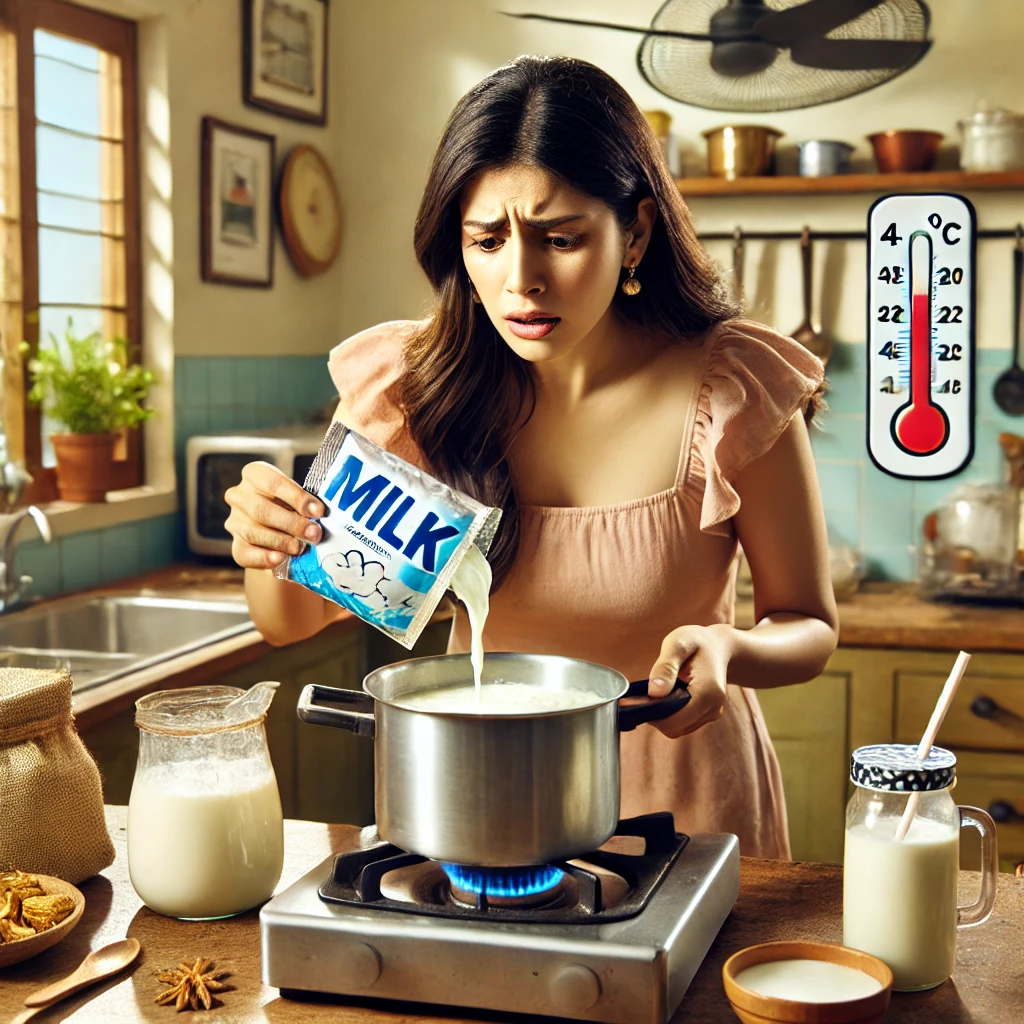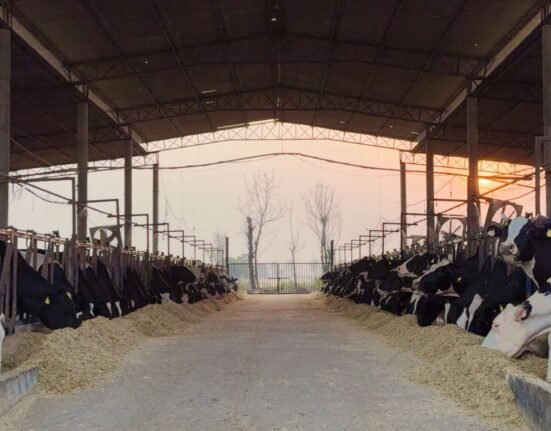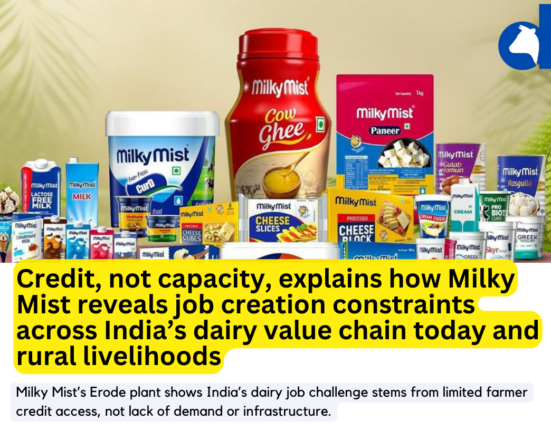Pune, Maharashtra – April 11, 2025
As Pune endures an unrelenting heatwave with daytime temperatures breaching 40°C, a less visible but equally concerning issue is boiling over—rapid spoilage of dairy products. From morning tea rituals ruined by curdled milk to sour buttermilk served at lunchtime, residents across the city are grappling with the consequences of a fragile cold chain exposed by extreme heat.
Milk pouches and other temperature-sensitive dairy products are reportedly turning bad days before their expiry, prompting not just consumer complaints but serious questions about the integrity of cold storage and last-mile handling in India’s urban dairy supply.
Souring Trust: When Dairy Disappoints
Anita Joshi, a resident of Pune’s NIBM Road, recently placed an online order for six packets of milk. “I expected them to last a few days. But when I boiled the first one, it curdled instantly. All six had to be thrown out,” she recounted.
Others have had similar experiences. Sameeksha Barman bought a packet of chaas for her children after school only to find it sour and foul-smelling. “It still had two days left before expiry, but we couldn’t risk it. We had to discard it,” she said.
These incidents are becoming all too common as heat compromises the temperature-sensitive journey from factory to fridge—a supply chain already stretched by inconsistent refrigeration and frequent power cuts.
A Cold Chain Under Pressure
Unlike long-life tetra packs, which are heat-resistant and do not require constant refrigeration, traditional dairy pouches are vulnerable to even brief exposure to ambient heat. According to industry norms, milk pouches must be stored below 8°C from production to point-of-sale.
Sanjay Jadhav, who runs a grocery store in Undri, admits the challenges. “We refrigerate milk as soon as it’s delivered, but during power cuts, there’s nothing we can do. Sometimes the crates sit out while we manage the rush.”
Videos circulating on social media show milk pouches left on open racks or near sunlit store entrances—conditions that can quickly spoil the product. Activists and content creators have posted temperature checks at kirana stores and supermarkets, revealing dangerously warm storage conditions.
Health Alert: Rising Cases of Dairy-Borne Illness
The fallout is not just culinary. Doctors are reporting a spike in gastrointestinal infections, especially among children and the elderly.
“Spoiled dairy can carry harmful bacteria like E.coli and Salmonella, leading to food poisoning and stomach infections,” warns Dr. Suhas Rajput, a general physician in Pune. “In the past month, we’ve seen a noticeable uptick in such cases, and often patients are unaware that the dairy they consumed had already turned.”
He advises consumers to always check the smell, texture, and consistency of milk, lassi, and chaas—even if the packaging shows a valid expiry date.
Consumers Shift to Safer Alternatives
In response, many households are switching to UHT-treated tetra pack milk, despite its higher cost. These ultra-pasteurized products offer a longer shelf life and don’t require refrigeration until opened—an advantage in a climate crisis.
“It’s more expensive, but I can’t take risks, especially with guests at home,” says Kondhwa resident Smita Jha. “I now keep tetra packs on standby for situations like these.”
What Needs to Change?
While consumer adaptation is one response, the long-term solution lies in strengthening the dairy cold chain—from insulated transport and improved in-store refrigeration to regular temperature monitoring and stricter retailer compliance.
Retailers, distributors, and manufacturers must collaborate to introduce better tracking, cold-storage infrastructure, and public awareness campaigns—especially in high-heat urban zones.
Key Takeaways for Consumers
- ❄️ Buy dairy from outlets with visible refrigeration and fast turnover.
- 🧊 Avoid milk packets left outside or near warm shelves.
- 👃 Always check for sour smell or curdling—even before the expiry date.
- 📦 Consider shelf-stable tetra packs during summer months.
“In a warming climate, cold-chain reliability is not a luxury—it’s a public health necessity.”
— Editorial Board, Dairy Dimension







